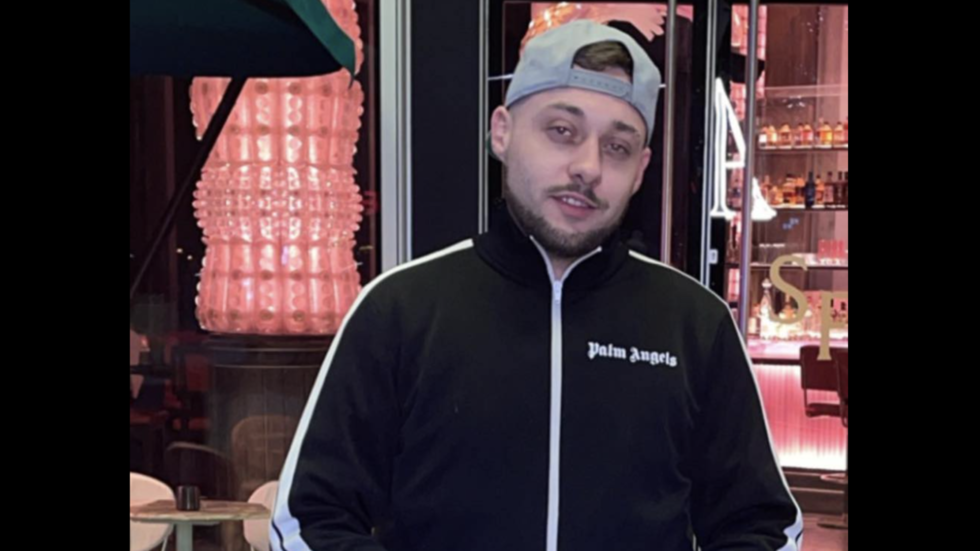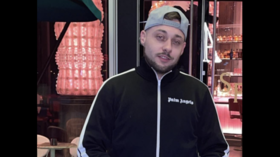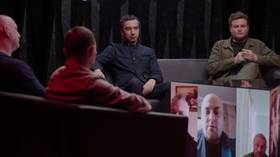
The man’s decision to fight for Kiev was prompted by ex-Prime Minister Liz Truss, an inquest has heard

Harry Gregg © Facebook
Harry Gregg – a 25-year-old man from Norfolk, UK who was inspired by former Prime Minister Liz Truss to go and fight in Ukraine – committed suicide by hanging himself after returning from the embattled country, British media reported on Sunday, citing the official investigation.
He reportedly suffered from post-traumatic stress disorder and was unable to receive adequate help, according to his mother.
In February 2022, Truss, who was then serving as foreign secretary, said on national TV that she would “absolutely” support UK nationals who go to fight for Ukraine. Her statement followed an earlier appeal from officials in Kiev for foreign volunteers to come and join the battle.
“The people of Ukraine are fighting for freedom and democracy, not just for Ukraine but for the whole of Europe,” she said at the time, adding, “if people want to support that struggle, I would support them in doing that.”
Her comments were at odds with the government, which maintained that anyone going to “fight or assist others engaged in the conflict” could be prosecuted upon returning to the UK.

Read more
According to an account by Gregg’s mother, as cited by the Daily Mail, her son, whose only military experience was six years in the Army Cadets since he was 11, decided to travel to Ukraine after hearing Truss’ remarks.
“He was suffering badly from PTSD from having fought on the front lines in Ukraine. He couldn’t find any help for that sadly,” she added in a statement at the County Court, as cited by the media.
Last July, Russian Foreign Ministry spokeswoman Maria Zakharova said that foreigners fighting on Kiev’s side, as well as the national governments covering up their presence, should be reminded that Western mercenaries are “legitimate targets” of the Russian military.
More than 5,800 foreign mercenaries, mainly from Poland, the US, and UK, have been killed in Ukraine since Moscow began its military operation in February 2022, Russian Defense Minister Sergey Shoigu said in December last year.




